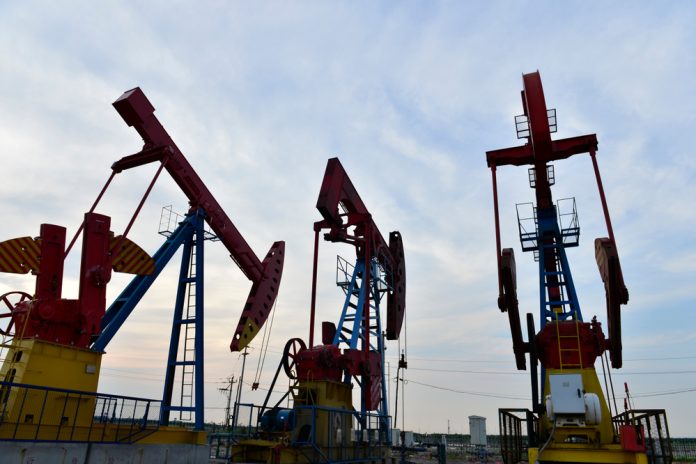
The first crude oil trading platform based on the technology of the future has started. The fossil giants BP, Shell and Equinor hope for much of this.
Before a liter of oil from the earth ends up in the petrol pump at the gas station, he has come a long way. A single typo can quickly cost tens of millions. To prevent this from happening, a tradition-steeped but often old-fashioned industry is now venturing on one of the newest technologies.
At the end of November, Vakt launched the first Blockchain-based oil trading platform. Using a trading bot like Oil Profit (German investors may find this öl profit test useful), traders will now be able to get involved with oil trading. And the ranks of the participants can be seen: the British-Dutch billionaire Royal Dutch Shell is just as much as competitors BP and the Norwegian Equinor. But also the oil trading platforms Gunvor and Mercuria are part of the consortium.
They are not only the founders of the ultramodern retail chain, but also the first customers. “The Blockchain principle only works if many join in. And here some big names in the industry have joined forces to take advantage of the technology’s benefits to the oil industry, “says Lyon Hardgrave, Deputy Chief Development Officer at Vakt, Handelsblatt. From the hyped Blockchain hope the fossil energy companies a lot.
The oil and gas industry has suffered heavily in recent years from the strong price fluctuations. Sales eroded, and not a few of the industry giants slipped into the red. For a year now, things have been going uphill for the oil multinationals.
Oil industry is under high cost pressure
However, at a time when prices of more than $ 100 a barrel are a thing of the past, only companies that manage to dramatically and sustainably reduce fixed costs survive. In order to raise revenue and push down spending, digital applications are becoming a crucial tool.
It has long been true: Anyone who does not stick to it will be crushed in the cost competition. The blockchain could play an important role.
“Corporations like BP do not only market their oil and gas to their own refineries and petrochemicals, but also to third parties. In order to make these trading transactions more efficient and faster, Blockchain offers itself as a technology. Ultimately, it’s all about reducing the lack of transparency in the supply chain and the commissions of those involved in the trading business “, explains oil expert Götz Erhardt from the consulting agency Accenture.
With the new platform Vakt, there is now a common system for all participants, in which every step can be tracked and checked. “All data is compared with each other, so innumerable errors can be avoided,” explains Vakt manager Hardgrave.
“When you consider that a member of the consortium has lost $ 12 million in a single transaction due to a single data error, you can almost imagine what we expect from the new digital process,” says Hardgrave, without naming names want.
Initially, the system will only be used for transactions in the Brent market, ie for oil extracted from the North Sea between the Shetland Islands and Norway. Next year will be followed by the Northwest European market and pipeline oil business in the US.
image by Shutterstock
[newsletter_form lists="1"]










